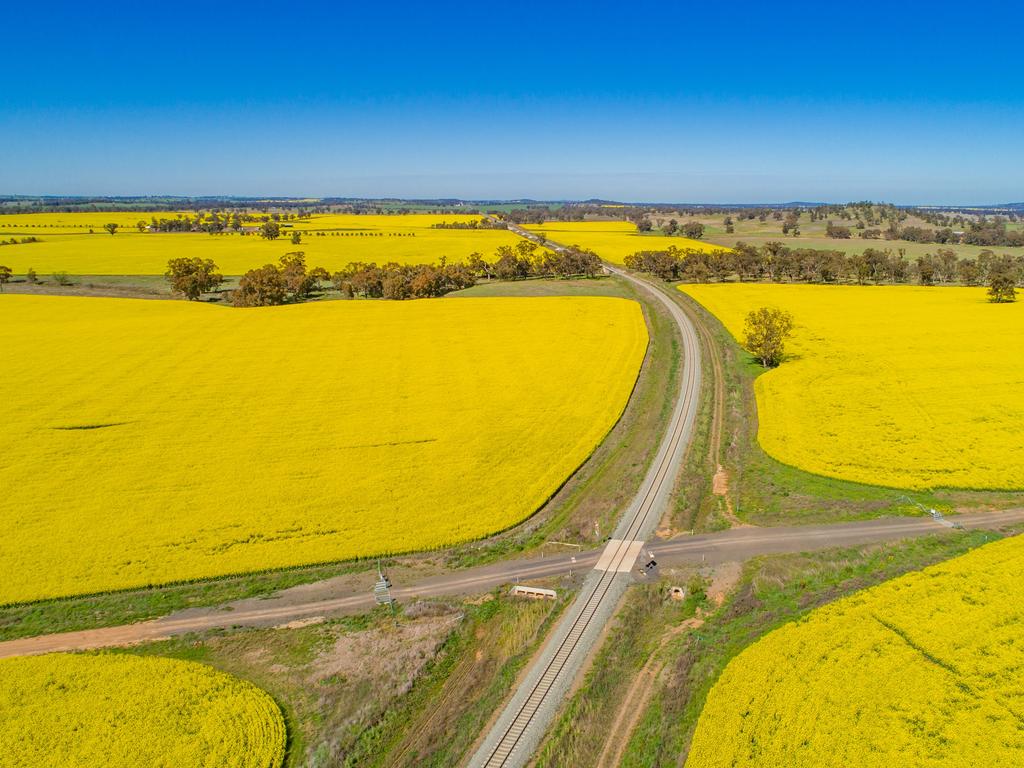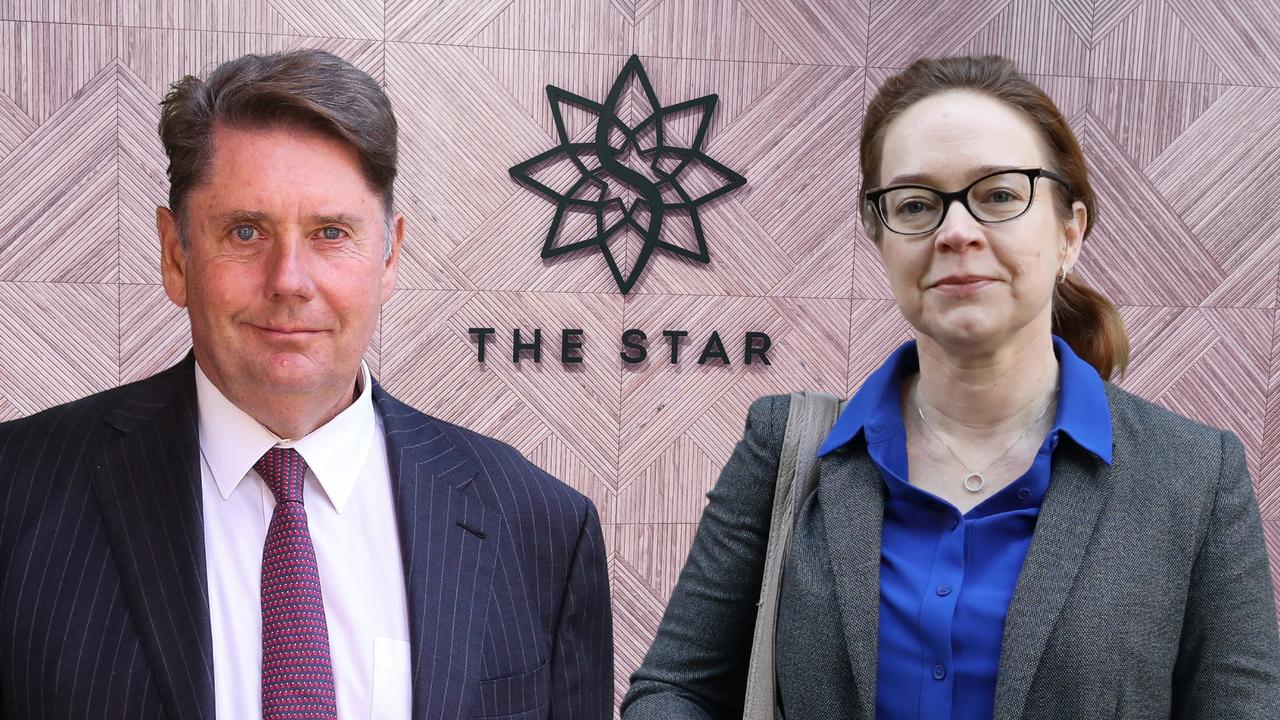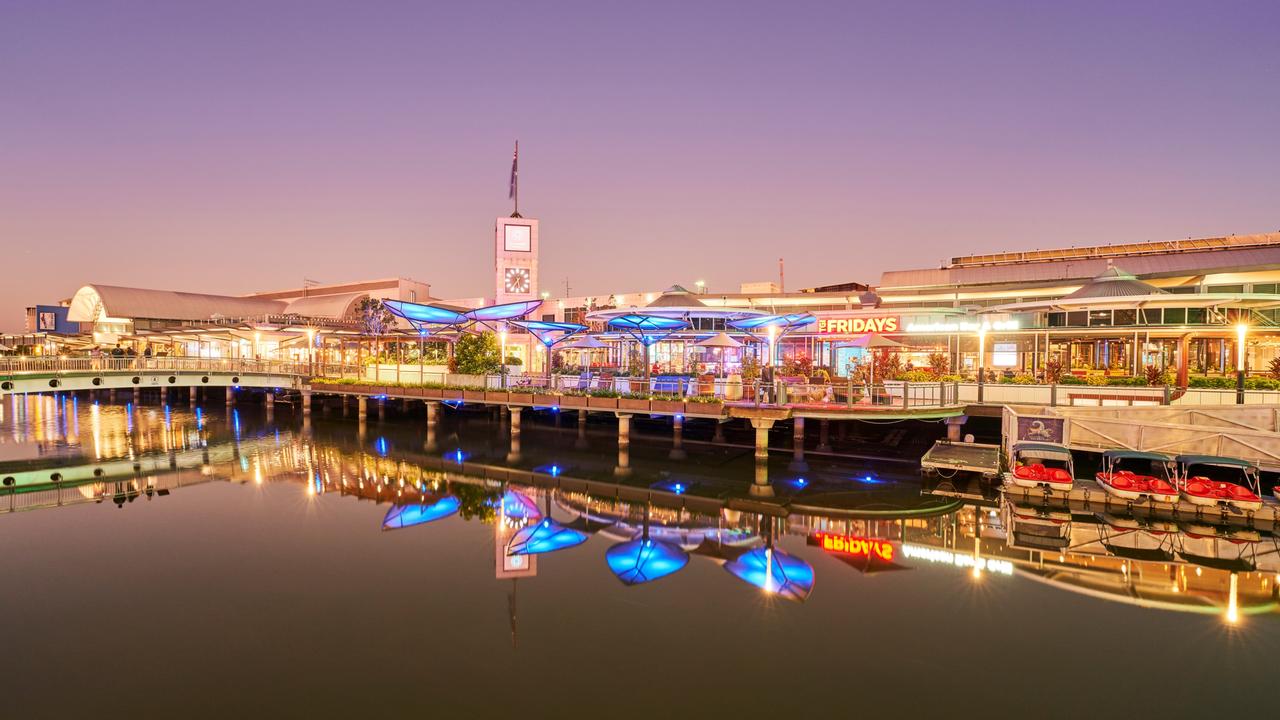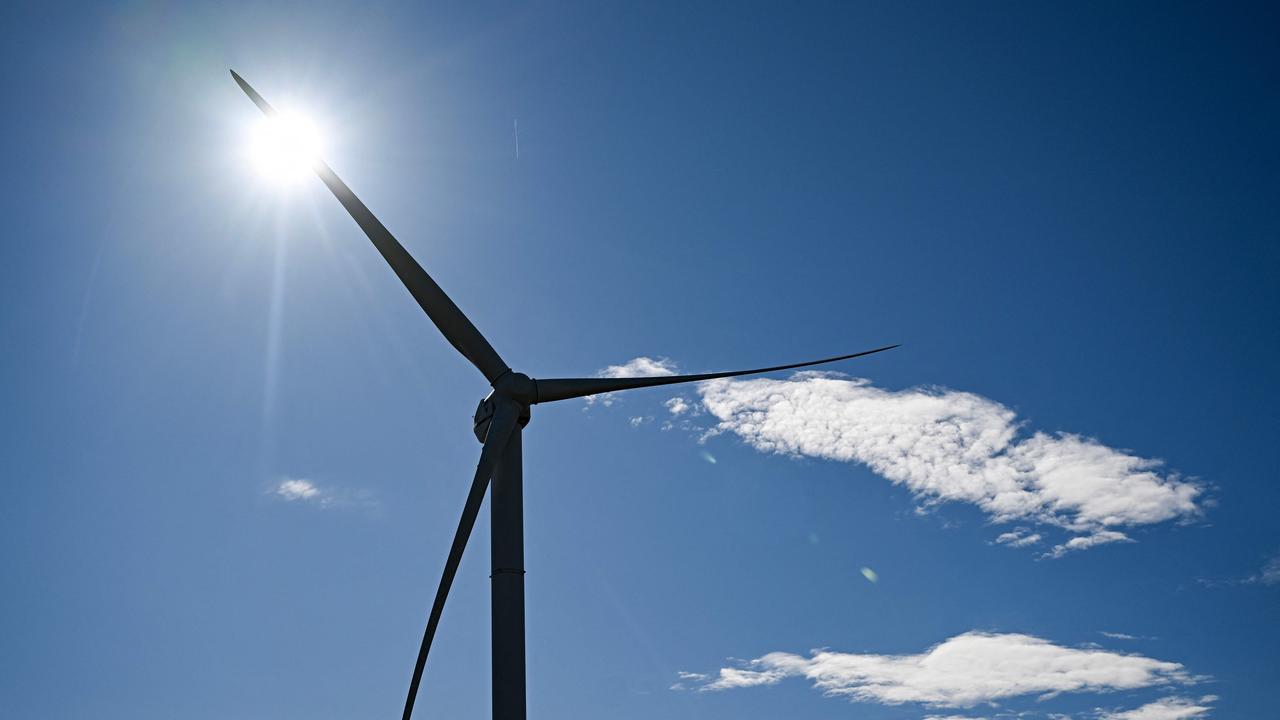A key Webuild project has been thrown into doubt after Kerry Schott’s damning inland rail report
Kerry Schott’s damning report threatens to deal another blow to the expansion plans of Webuild, with a critical rail construction contract in doubt.

Business
Don't miss out on the headlines from Business. Followed categories will be added to My News.
Kerry Schott’s damning inland rail report threatens to deal another blow to the Australian expansion plans of Webuild, putting a critical rail construction contract in doubt.
Along with former partner – and now subsidiary – Clough, Webuild is part of the Regionerate Rail consortium, the preferred bidder for the most expensive part of the inland rail project, a 130km stretch of tunnels and railway lines running down the Toowoomba range from Gowrie to Kagaru.
From there it would be linked to Acacia Ridge, just outside Brisbane, theoretically allowing rail haulers to run double-stacked trains up to 1.8km long from Melbourne to Brisbane.
The stretch includes more than 8km of rail tunnels – including the construction of a 6.2km tunnel through the Great Dividing Range that Webuild said at the time will be the largest single-bore freight tunnel in the southern hemisphere – and the technical complexity of the project meant it was already tipped to cost more than $5bn in the first round of estimates.
Such was the cost, the Australian Rail Track Corporation had elected to fund and build the track under a private public partnership (PPP) in which the consortium – which also includes infrastructure investor Plenary Group, Service Stream and South Korea’s GS Engineering and Construction – would pay for its construction, and then own and maintain the track for another 25 years, collecting “availability” payments from the ARTC for its use by rail haulers.
All of that is now in doubt after Dr Schott called out the PPP for special attention in her damning report on the progress of the inland rail project, saying negotiations to finalise the deal should be halted until the federal government fixed on a new construction schedule for the entire project.
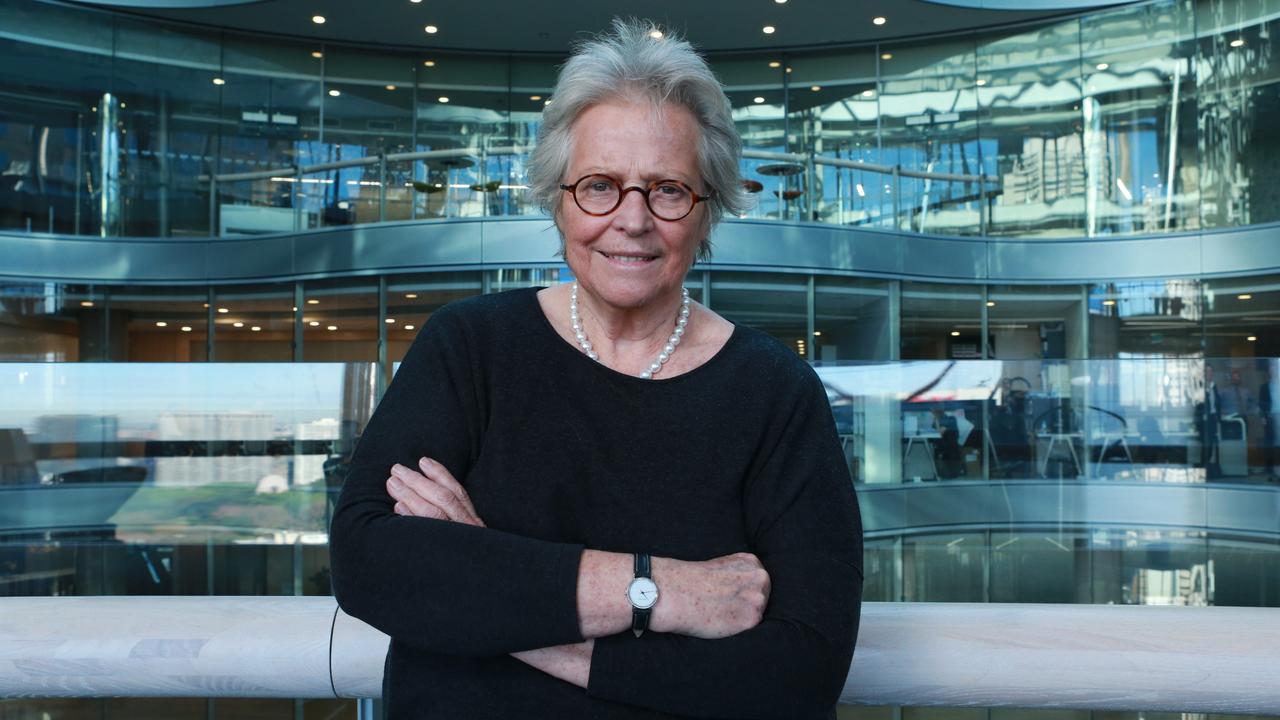
That could push the consortium’s work into the never-never, with federal Infrastructure Minister Catherine King indicating last week that the government’s priority would be completion of inland rail lines running between Melbourne and Parkes in the central west of NSW, with the Queensland leg of the line left out in the cold.
The cost of Regionerate’s 130km section of line has already blown out to $9bn, according to Dr Schott, only a year after the group was named as the preferred contractor. “Deficiencies” in the environmental approval documents submitted over the stretch have also blown out the likely start of the construction job.
Dr Schott recommended the scope of the project be reconsidered, and that the ARTC should park the finalisation of the PPP contract until it has a new and more experienced chief executive and board, potentially pushing back work until close to the end of the decade.
“The management of the PPP process has been difficult for ARTC and, until there is a new CEO and governance and management arrangements for inland rail, it is hard to have faith in ARTC’s capability to manage the delivery of the PPP further,” Dr Schott said in her report.
“Given this, consideration should be given to negotiating changes to the arrangement, but these discussions need to be conducted by an experienced team.”
Dr Schott warned that, if Regionerate’s section of the track was approved without significant renegotiation and restructuring, its cost could eventually undermine the financial viability of the entire ARTC.
“The problem for ARTC now is that the increased capital cost will lead to an increase in availability payments that present serious affordability issues for the company. Even with a restructuring between the capital charge and the availability charge, the financial challenge is extreme,” she said.
“ARTC revenue over future decades may decrease as coal exports decline and its revenue from the Hunter Rail haulage declines. This matter on top of these project cost increases suggests that some renegotiation of the PPP must occur.”
Construction of the track section was originally due to begin in 2024, allowing trains to begin running by 2027, helping link Brisbane to the rest of the inland rail project. But delays in environmental permitting and the contract finalisation meant that completion date has now blown out to the early 2030s – and the project could also be pushed off indefinitely as the federal government weighs how and when it will build rail links from NSW to Queensland.
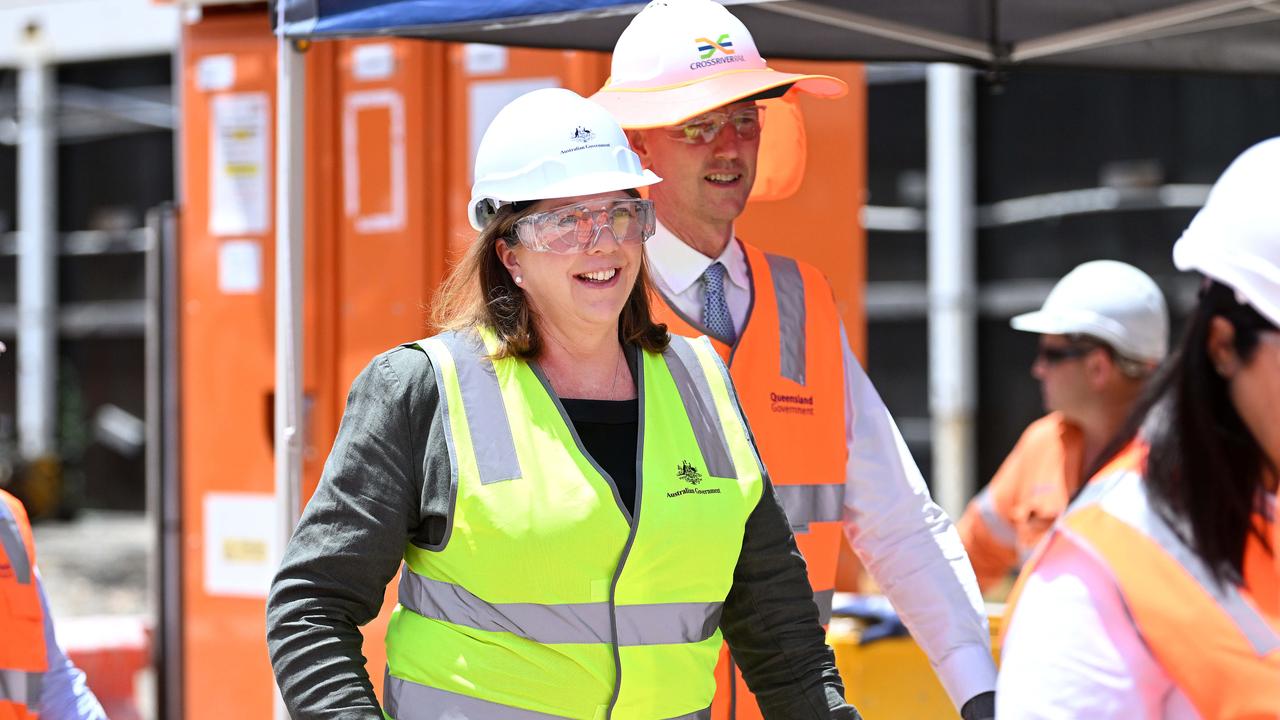
“I think it is abundantly clear that it was never going to be able to get through Acacia Ridge. Like, it’s abundantly clear that we’re never going to be able to bring double-stacked trains through the suburbs of Brisbane into the Port of Brisbane,” Ms King told reporters last week.
“We’re just not in a position today on the basis of what we know in terms of this project to say we will start building on this date.”
ASIC records show that the holding company formed around the Regionerate Rail consortium is 60 per cent-owned by infrastructure investor Plenary Group, with Webuild owning 20 per cent of its shares, and South Korea’s GS Engineering and Construction the remaining stake.
The inland rail contract is a major part of Webuild’s $18.5bn project pipeline in Australia, with the Italian company expecting its tunnelling expertise to play a major part in the work on the rail segment.
Webuild declined to comment on the impact of the Schott report on its Australian operations.
The company’s other major government project, the Snowy Hydro 2.0 expansion, also remains mired in difficulties, as delays and blowouts undermine the completion of the major energy project.
Dr Schott’s inland rail report said estimates of the total cost of the project had now blown out to more than $31bn, compared with a 2020 projection of about $16bn – well above initial estimates of about $9bn.
More than $2bn has already been spent on the project.
The federal government last week said it would accept all 19 recommendations of the review.
Originally published as A key Webuild project has been thrown into doubt after Kerry Schott’s damning inland rail report


